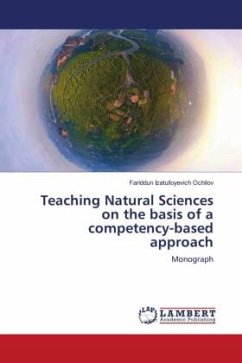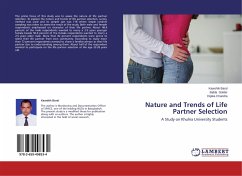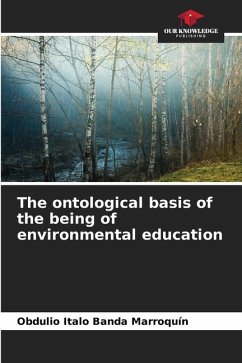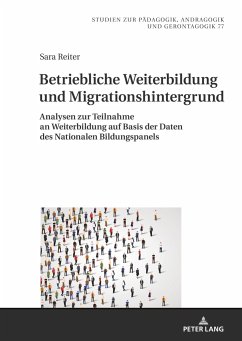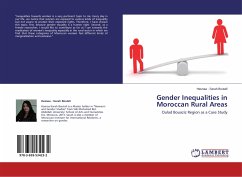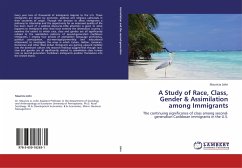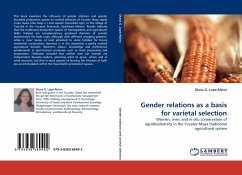
Gender relations as a basis for varietal selection
Women, men, and in situ conservation of agrobiodiversity in the Yucatec-Maya traditional agricultural system
Versandkostenfrei!
Versandfertig in 6-10 Tagen
32,99 €
inkl. MwSt.

PAYBACK Punkte
16 °P sammeln!
This book examines the influence of gender relations and gender bounded production spaces on varietal selection of Yucatec Maya staple crops maize (Zea mays L.) and squash (Cucurbita spp.) in the village of Yaxcabá in the Yucatan Peninsula, Southeast Mexico. Results indicate that the traditional production spaces of homegardens and agricultural fields (milpas) are complementary gendered domains of varietal maintenance for both crops although with different cropping patterns, while a new space, of land allocated to some families for future residential construction (terreno) is in the meantime ...
This book examines the influence of gender relations and gender bounded production spaces on varietal selection of Yucatec Maya staple crops maize (Zea mays L.) and squash (Cucurbita spp.) in the village of Yaxcabá in the Yucatan Peninsula, Southeast Mexico. Results indicate that the traditional production spaces of homegardens and agricultural fields (milpas) are complementary gendered domains of varietal maintenance for both crops although with different cropping patterns, while a new space, of land allocated to some families for future residential construction (terreno) is in the meantime a jointly worked agricultural domain. Women s labour, knowledge and preferences predominate in post-harvest processes such as food processing and preparation. Fieldwork revealed that neither men nor women are independent decision-makers, planning what to grow, where and in what amounts, but that in most aspects of farming the interests of both are accommodated within the household s production spaces.





